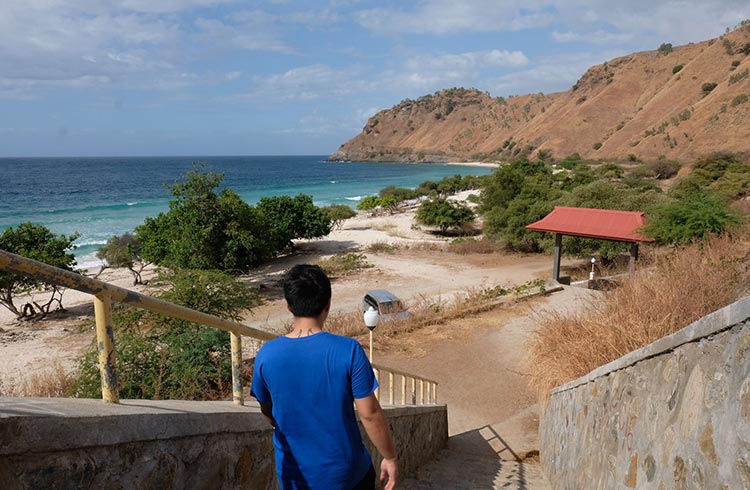How to Stay Healthy While Traveling in East Timor
Mosquito and water-borne diseases are common in East Timor, where sanitation is not great. Find out how to stay healthy on your trip with these tips from our safety expert.
 Photo © Getty Images/Chung Hoe Chan / EyeEm
Photo © Getty Images/Chung Hoe Chan / EyeEm
Nasty diseases like malaria, dengue fever, Japanese encephalitis, tuberculosis, typhoid, and hepatitis are a risk in East Timor.
This is not a country where you want to mess around by not taking appropriate precautions against common diseases. Especially given the country's health care system is not exactly top notch.
So it is highly recommended you seek appropriate medical advice on vaccinations and other necessary precautions before leaving home!
A number of the most prevalent diseases are mosquito borne.
And get this - different types of mosquito carry different diseases. Some come out at night and some during the day. So the message is you can never let your guard down!
Wear clothing that covers your body and use high strength insect repellent at all times.
Malaria, a shocking disease that can put you on your back for months – or even kill you, occurs year-round in all areas of Timor L'Este.
Chloroquine and sulfoxidine-resistant strains of malaria have been reported in some locations. It is wise to take an oral anti-malaria prophylactic medication during – and sometime after your stay.
Once again preventing yourself from getting mosquito bites is crucial so remember to cover up, especially at night, and use plenty of bug repellent – preferably one that contains no more than 35% of the chemical DEET.
The mosquito-borne disease Japanese encephalitis is found throughout many regions of North, South and South-East Asia and Papua New Guinea and is occasionally reported in Timor L'Este.
A Japanese encephalitis vaccine is registered for use and is currently available. Further details can be obtained from your physician.
Other insect-borne diseases such as filariasis and dengue fever are also prevalent in Timor L'Este with more serious outbreaks occurring from time to time.
Water-borne, food-borne and other infectious diseases (such as tuberculosis, typhoid and hepatitis) are also prevalent.
Consult your doctor about which vaccinations, including childhood booster shots, you may need before travelling.
Most importantly boil all drinking water or drink bottled water, avoid ice cubes or anything that may have been recently rinsed like a salad.
Avoiding raw and undercooked food is also highly recommended.
Fruits that can be peeled such as apples and bananas, as well as packaged snacks are always a safe option. And a small bottle of hand sanitiser could also be a good thing to have in your backpack.
If you do get a fever or begin suffering diarrhoea consult a doctor.
And remember carrying a rehydration kit can also be helpful. Remember the salt/sugar/water ratio for oral rehydration: 1 tsp salt, 8 tsp sugar, for 1 litre of water.
And while microscopic nasties will probably be your chief concern remember Timor L'Este's wildlife is not all friendly either.
Crocodiles have been sighted at various places, including near Manatuto and at Christo Rei beach, which are popular beach venues for Dili residents.
And snakes, spiders, monkeys, deer, civet cats and cuscus are also about so appropriate precautions are necessary.
Also local dogs and cats should not be petted as they may carry disease.
Simple and flexible travel insurance
You can buy at home or while traveling, and claim online from anywhere in the world. With 150+ adventure activities covered and 24/7 emergency assistance.
Get a quote
No Comments